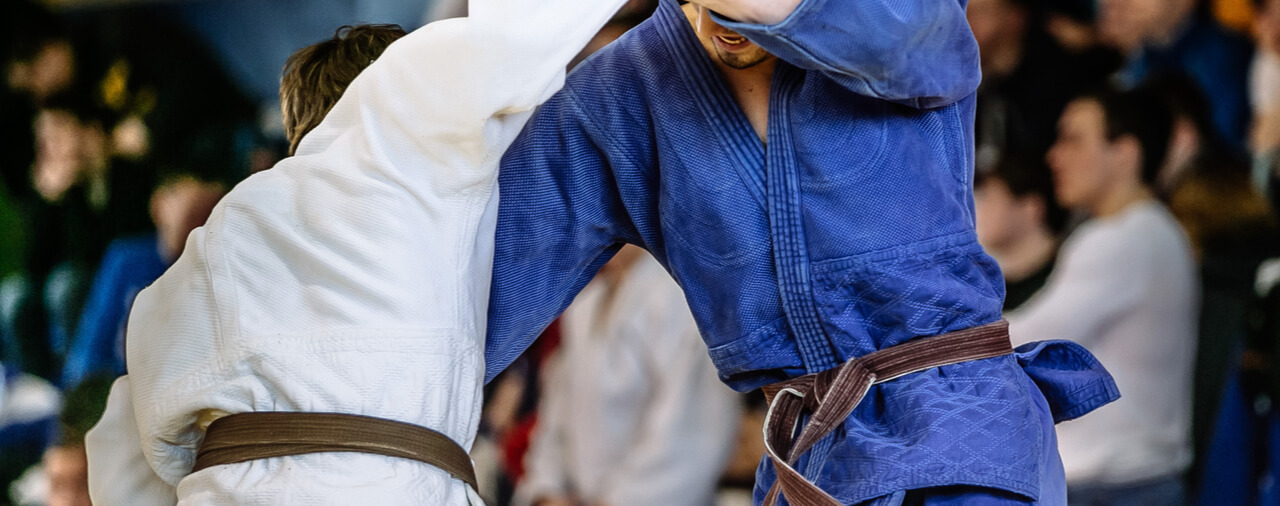In a previous post, I discussed Israeli judoka Tal Flicker’s winning a major international judo competition at the Abu Dhabi Judo Grand Slam while the tournament’s Emirati hosts discriminated against the Israeli competitors by refusing to allow them to compete under the Israeli flag [see blog]. Tal Flicker’s story was one of triumph over adversity that he should have never been subjected to. In fact, the president of the International Judo Federation, Marcus Vizer, had cautioned the tournament organizers in the United Arab Emirates about treating the Israeli athletes “equally in all respects,” only to have his warning disregarded. I wrote the following at the time:
Vizer’s letter was quite clearly disregarded by the event organizers in Abu Dhabi. The International Judo Federation must now back up its words with actions, lest it prove to have no control over how athletes competing in the competitions it sponsors are treated. It is the responsibility of the International Judo Federation to ensure that the next time Tal Flicker or another Israeli judoka wins an important competition, they will be able to focus on their achievement without worrying about the deplorable politics of the event organizers.
In welcome news, on July 20, 2018, the International Judo Federation proved to be an organization that backs up its rules with action. In a press release, the International Judo Federation announced that it had suspended the Abu Dhabi Grand Slam and the Tunis Grand Prix (hosted in Tunisia) [link]. In so doing, the Federation cited to a provision of its rules that prohibits discrimination “on the ground of race, religion, gender or political opinion.” It noted that these two events had previously denied participation in equal conditions for athletes from all countries despite “repeated past interventions,” clearly referencing discrimination against Israeli delegations to the events. Despite being invited to submit a letter of guarantee that all athletes would be treated equally, the organizers of the Abu Dhabi Grand Slam and Tunis Grand Prix declined to do so, thus prompting their well-deserved suspension. The International Judo Federation stated that, notwithstanding other concerns, “politics should not have any interference in sports and that sports should be a reflection of human respect, understanding and mutual cooperation…” The International Judo Federation suggested that the suspension is not irreversible, but that it will adhere “until governmental guarantee is given to ensure free and equal participation of all nations at the said events.”
The International Judo Federation deserves praise for enforcing its own rules to ensure that Israeli athletes are not discriminated against in international competitions. If the United Arab Emirates and Tunisia hope to have the suspension lifted, the onus will be on their governments and on the organizers of the events to guarantee that Israeli athletes will compete on a level playing field with all other athletes.





